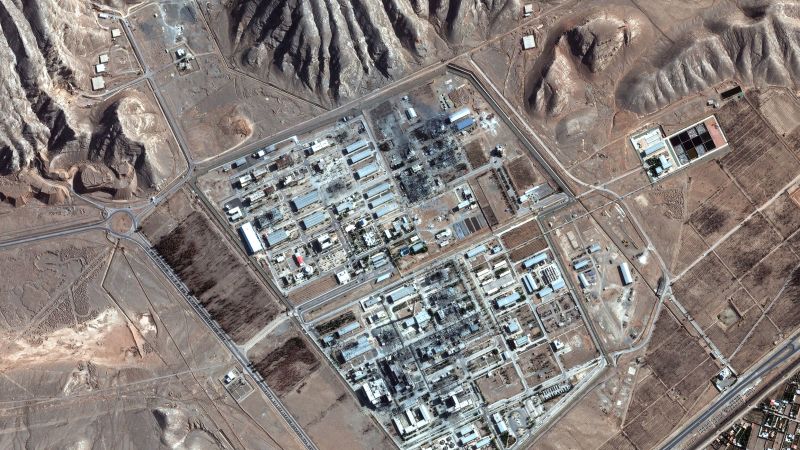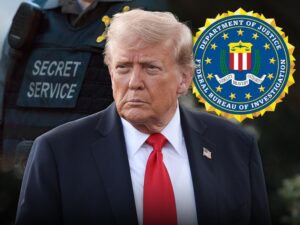
Iranian President Masoud Pezeshkian has approved a controversial law to suspend cooperation with the International Atomic Energy Agency (IAEA), a decision that could significantly impact Tehran’s nuclear ambitions. This move, announced on Wednesday, follows a parliamentary vote last week and is expected to complicate efforts to monitor Iran’s nuclear activities.
The decision comes amid escalating tensions, with Iran accusing the IAEA of colluding with Israel, allegedly facilitating attacks on its nuclear facilities. The IAEA has denied these claims. President Pezeshkian has directed Iran’s Atomic Energy Organization, the Supreme National Security Council, and the Ministry of Foreign Affairs to implement the new law, according to state-run news agency IRNA.
Background and Implications
The suspension of cooperation with the IAEA raises concerns about Iran’s nuclear program, which has long been a point of contention on the international stage. As a signatory to the Non-Proliferation Treaty (NPT), Iran is obligated to allow inspections to ensure its nuclear activities are peaceful. The new law could obstruct these inspections, potentially allowing Iran to advance its nuclear capabilities without oversight.
The IAEA has expressed its awareness of the situation, with a spokesperson stating,
“We are aware of these reports. The IAEA is awaiting further official information from Iran.”
The agency’s inability to verify Iran’s nuclear program as entirely peaceful has been a recurring issue, particularly after a recent report indicated that Iran was enriching uranium to near weapons-grade levels.
Recent Escalations
The announcement comes on the heels of heightened military actions. Last month, Israel launched a significant attack targeting Iran’s military commanders, nuclear facilities, and scientists involved in its atomic program. The United States followed with supportive strikes on Iranian nuclear sites in Natanz, Isfahan, and Fordow. These actions culminated in a 12-day conflict between Israel and Iran, which ended with a ceasefire last week.
Despite the damage reported by Iran, the country has vowed to continue its uranium enrichment, asserting its nuclear program is for peaceful purposes. The IAEA has noted that the US strikes did not completely cripple Iran’s nuclear capabilities, suggesting that Tehran could resume uranium enrichment within months.
International Reactions and Historical Context
The international community remains divided over Iran’s nuclear activities. The IAEA’s recent censure of Iran, following its report on uranium enrichment, has further strained relations. Iran’s Supreme Leader Ayatollah Khamenei has consistently denied any intention to develop nuclear weapons, citing religious prohibitions against weapons of mass destruction.
This development follows the US withdrawal from the 2015 nuclear agreement under President Donald Trump, which had initially aimed to curb Iran’s nuclear capabilities in exchange for lifting economic sanctions. The withdrawal has led to increased tensions and a series of escalatory measures by both Iran and the US.
Looking Ahead
The suspension of cooperation with the IAEA marks a significant shift in Iran’s nuclear policy and could have far-reaching implications for regional stability. Experts warn that without international oversight, the risk of nuclear proliferation in the Middle East could increase, potentially leading to further conflicts.
As the situation unfolds, the global community will be closely monitoring Iran’s next steps and the responses from major international players. The potential for diplomatic resolutions remains uncertain, but the stakes are undeniably high.
In the coming weeks, attention will likely focus on whether Iran will engage in new diplomatic talks or continue its current trajectory. The outcome of these developments will be critical in shaping the future of nuclear non-proliferation efforts in the region.







